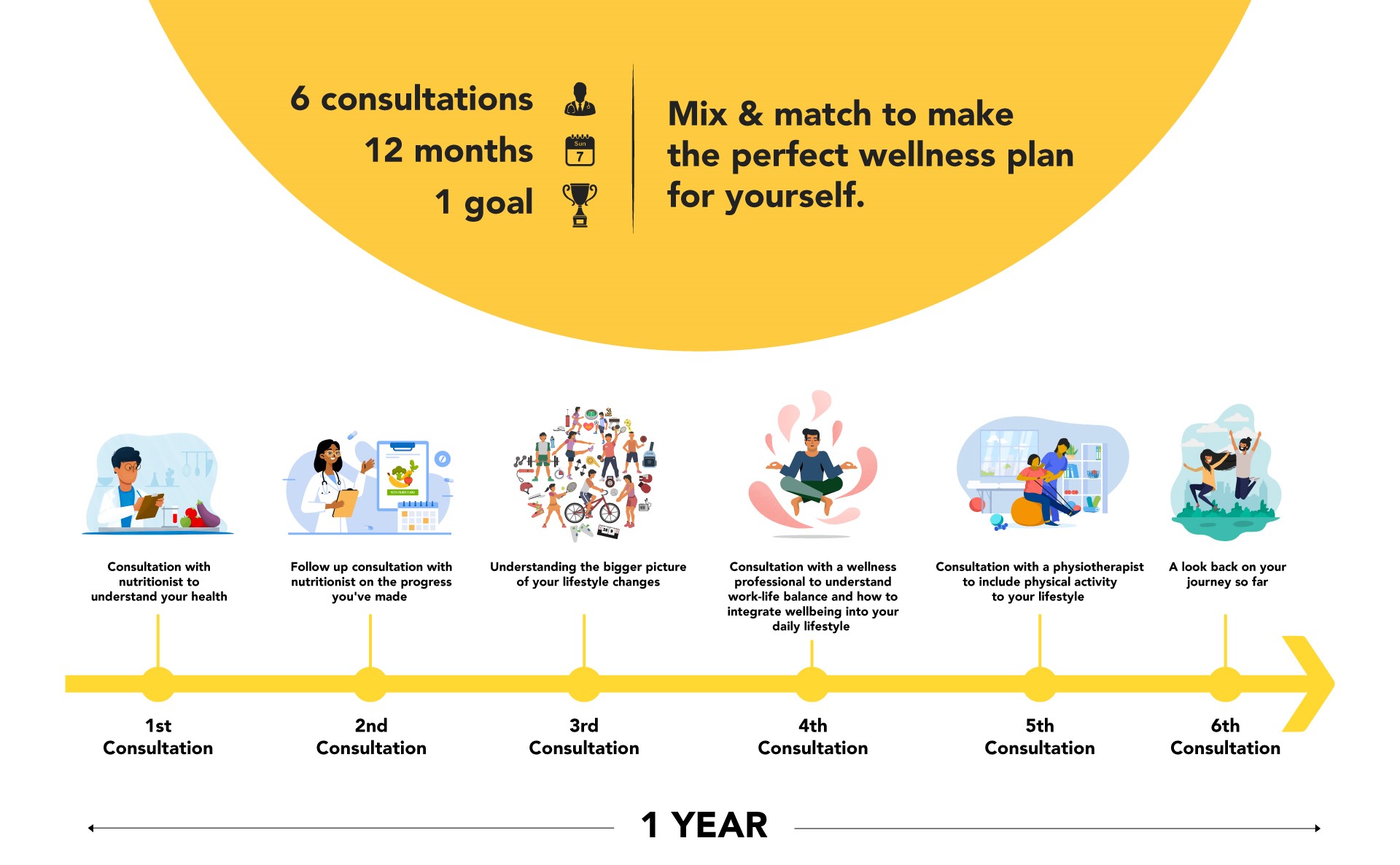Preventing infectious diseases..
Can I boost my immune system?


Dr. Kayathri Periasamy MBBS (Nottingham, UK), MRCP (UK), Board Certified in Internal Medicine (USA), PG Dip in Diabetes Care (Newcastle, Aust) Consultant Physician & Director Healthy Life Clinic
Most parents are constantly exposed to every bug that ails their children and unlike kids adults may have more repercussions from these ailments. And now with the Global COVID 19 pandemic, preventing infections has come to the forefront.
As adults we can’t afford to fall ill at times, as we have to continue to care for our children and look after our homes. We may have to go to work and then are at risk of exposing colleagues at work to the same illnesses. We often have to travel and getting sick is certainly going to make it very hard and uncomfortable to travel. And if being cooped up in an airplane for many hours, we can expose and be exposed to a large number of people during the flight.
Parents and grandparents at home may be suffering from other illnesses which may make them prone to serious complications from minor viral illnesses that the children catch and transmit. Grandparents may already be having diabetes, high blood pressure, asthma, bronchitis etc., which can make them susceptible to a longer and more serious illness from even minor colds and coughs.
So, what should we do? We don’t all have access to the types of personal protective gear that we see on TV to protect ourselves, and it’s not practical!
One of the most important steps to prevent infections is to keep our immune system as strong as possible. There has been much research to see what can actually boost our immune system. So far there are no magic pills that can do the job. One thing is for sure, there is no way to boost the immune system all of a sudden, on demand. The only way to make the immune system strong is to keep it that way always, and that is by continuously and consistently practicing healthy living.
Proven strategies to keep the immune system strong
- Avoid fatigue (know when you have overdone and get necessary rest. As adults we don’t have anyone telling us when to stop. We must know and take precaution when necessary). Fatigue brings our immune system down and we can become easy prey to viruses.
- Ensure good sleep- at least 7 hours of sleep daily. If sleep was broken, catch up during the day when possible.
- Ensure immune boosting foods are in your daily diet. These are foods with vitamin C, B complex, and a variety of trace minerals. 5 servings of fruits and vegetables, whole grains starch, healthy proteins and low-fat dairy and eggs are to be included for a healthy balanced diet.
- Do not smoke. One of the first infection resistance points is our breathing passage. The passage is lined with cilia which traps viruses and bacteria and prevents it going further into the lungs and causing infections. Smoking destroys these cilia and makes the lungs highly susceptible to infections.
- Regular exercise – this improves circulation of blood and improves general fitness of the body, which then allows the body to fight back against illnesses.
- If consuming Alcohol, do so in moderation. Excessive use of alcohol, damages nerves that help signal activities in our body. Alcohol also when taken in excess can drain the body of important vitamins and minerals such as zinc, selenium, copper, iron, folic acid, vitamins C, A, B and E, and thiamine. Alcohol also damages the liver, which is a source of important immune proteins, causing the body to be susceptible to many infections.
Maintain hygiene protocols for children
- Teach children not to share cups, bottles, bowls and utensils, as well as towels and handkerchiefs.
- Teach children to sneeze or cough into their elbows or into their handkerchiefs.
- Teach them to wash their hands before they eat.
- Avoid sick children playing with and hugging their siblings. Viruses can only travel about 3 feet in the air. It’s ok for the kids to be in two ends of a room and play with different sets of toys.
- Keep sick kids away from the kitchen or where food is being prepared.
- Caregivers need to wash their hands before they handle sick children and also before preparing food.
- Avoid sending unwell children to school.
Maintain general precautions while out of home due to the pandemic
- Wear a mask.
- Wash hands or sanitise regularly.
- Keep a distance of at least 1 metre from others.
- Avoid crowded spaces.
Maintain a healthy weight
- It is unclear how this helps in preventing illness, but researchers have found that people who are overweight have a higher tendency of falling ill from viruses and bacteria. It may be related to eating habits and lack of exercise.
Vaccinations
- Ensure that children are vaccinated against preventable viral and bacterial infections.
- Ensure that adults are also up to date with vaccinations.
- Talk to your doctor about necessary vaccinations (eg: chicken pox, flu, pneumonia, etc.)
- Talk to your doctor about the COVID vaccination, it is recommended for all above 18 years of age, unless you have severe allergies.
Regular checkups according to age and risk category
- This helps you find out if there are any silent illnesses that may be making one susceptible to frequent infections.
Finally, if you do become infected, then the best thing to do is to take adequate rest, plenty of liquids and eat healthy nutritious food. Avoid smoking and alcohol during illness and allow your body to recover. Avoid close contact with others at home and at work. If illness is prolonged or unusually severe, then seeking doctors’ advice would be prudent.



